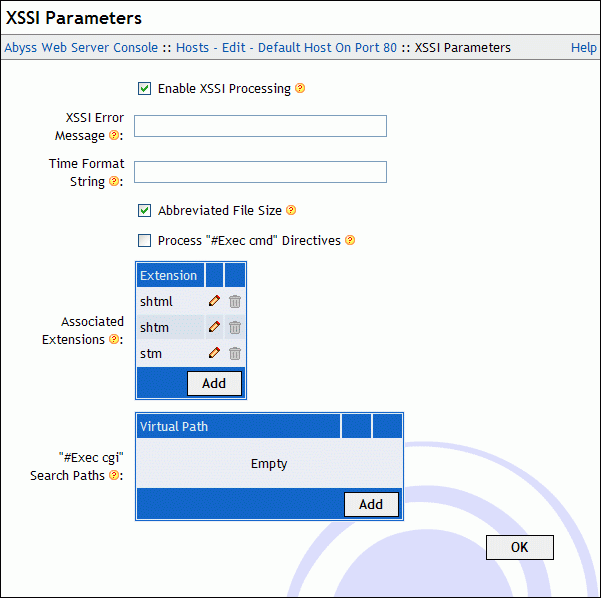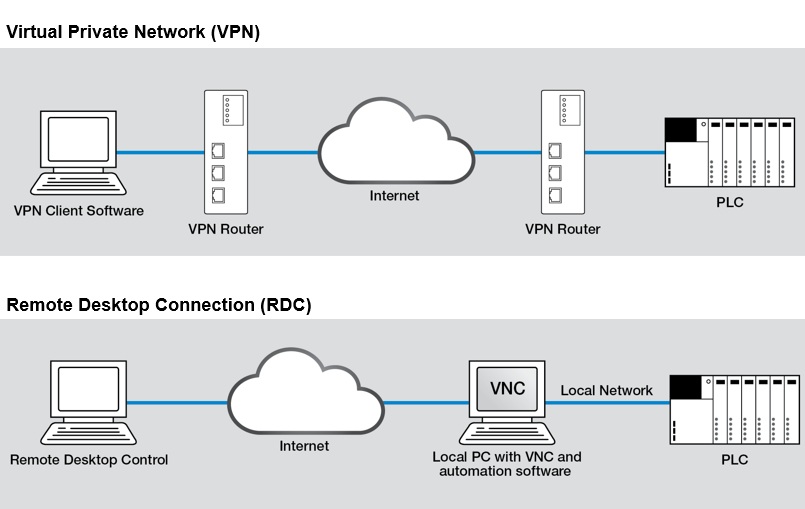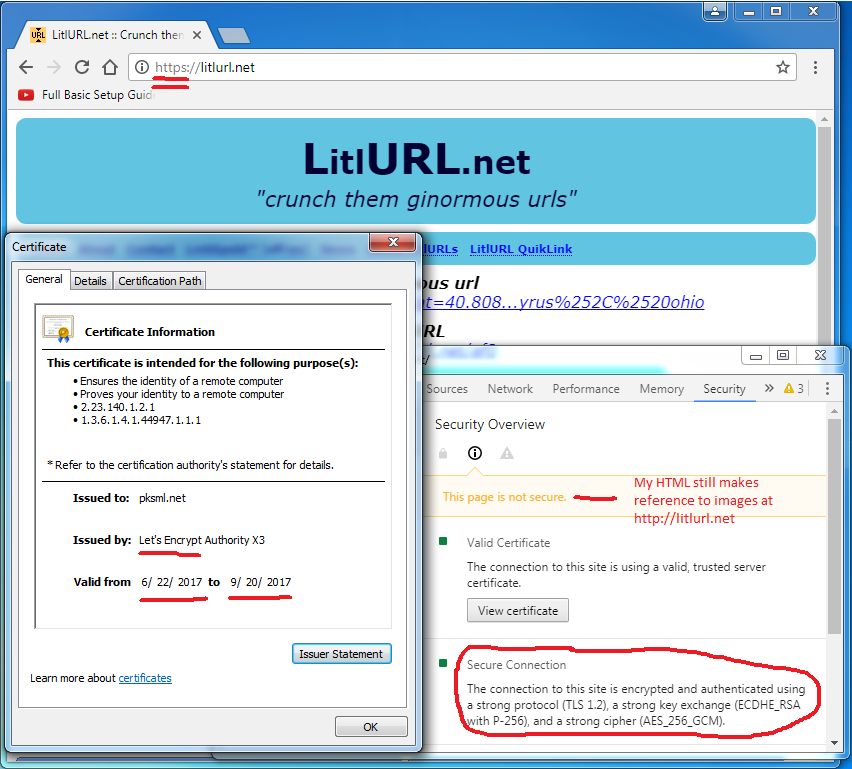

\ (dot-dot backslash) sequences in an HTTP GET request.Ībyss Web Server 1.0.3 allows remote attackers to list directory contents via an HTTP GET request that ends in a large number of / (slash) characters.Īprelium Abyss Web Server (abyssws) before 1.0.3 stores the administrative console password in plaintext in the nf file, which allows local users with access to the file to gain privileges.ĭirectory traversal vulnerability in Aprelium Abyss Web Server (abyssws) before 1.0.0.2 allows remote attackers to read files outside the web root, including the nf file, via URL-encoded. Yes, I performed a reinstall of the system and shortly after, the anti virus software determined the FGIDOTNET2.0.exe process as malware, and attempted to stop it.
#ABYSS WEB SERVER REMOTE ACCESS PATCH#
The Administration console for Abyss Web Server 1.0.3 before Patch 2 allows remote attackers to gain privileges and modify server configuration via direct requests to CHL files such as (1) srvstatus.chl, (2) consport.chl, (3) general.chl, (4) srvparam.chl, and (5) advanced.chl.ĭirectory traversal vulnerability in Abyss Web Server 1.0.3 allows remote attackers to read arbitrary files via.

According to the reviewer Charlie Schluting, Abyss Web Server 'is an economic and reliable offering that. It is highly regarded in the industry for its fair and reliable reporting. ServerWatch is an independent organization publishing news and reviews on server software. The Administration console for Abyss Web Server 1.0.3 allows remote attackers to read files without providing login credentials via an HTTP request to a target file that ends in a "+" character. On September 2005, ServerWatch has reviewed Abyss Web Server version 2.0.6. Heap-based buffer overflow in Aprelium Abyss Web Server 1.1.2 and earlier allows remote attackers to execute arbitrary code via a long HTTP GET request. The remote web management interface of Aprelium Technologies Abyss Web Server 1.1.2 and earlier does not log connection attempts to the web management port (9999), which allows remote attackers to mount brute force attacks on the administration console without detection.ĬRLF injection vulnerability in Aprelium Abyss Web Server 1.1.2 and earlier allows remote attackers to inject arbitrary HTTP headers and possibly conduct HTTP Response Splitting attacks via CRLF sequences in the Location header.

COMMON PLATFORM ENUMERATION: Repartition per Version CPE NameĬpe:2.3:a:aprelium_technologies:abyss_web_server:1.0:*:*:*:*:*:*:*Ĭpe:2.3:a:aprelium_technologies:abyss_web_server:1.0.3:*:*:*:*:*:*:*Ĭpe:2.3:a:aprelium_technologies:abyss_web_server:1.0.3_p2:*:*:*:*:*:*:*Ĭpe:2.3:a:aprelium_technologies:abyss_web_server:1.1.2:*:*:*:*:*:*:*Īprelium Technologies Abyss Web Server 1.1.2, and possibly other versions before 1.1.4, allows remote attackers to cause a denial of service (crash) via an HTTP GET message with empty (1) Connection or (2) Range fields.


 0 kommentar(er)
0 kommentar(er)
